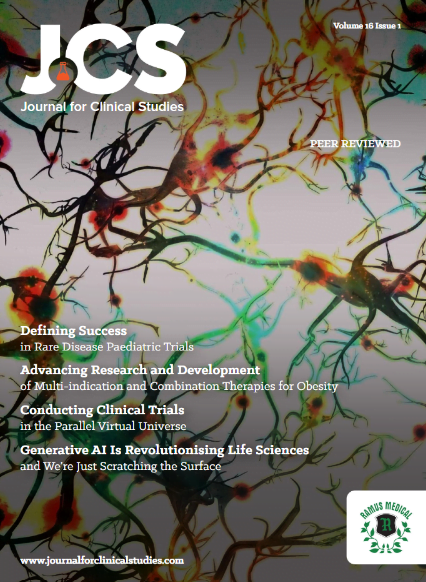Eli Lilly and Company (NYSE: LLY) announced today it will present Phase 3 data for galcanezumab and lasmiditan, two investigational, non-opioid treatments for migraine and cluster headache, at the American Headache Society (AHS) annual meeting taking place June 28-July 1 in San Francisco.
Galcanezumab is a once-monthly, self-administered calcitonin gene-related peptide (CGRP) antibody currently under review by the U.S. Food and Drug Administration (FDA) for the prevention of migraine in adults with a decision expected by the end of September 2018.
Lasmiditan is an investigational, oral, first-in-class molecule that could represent the first significant innovation for the acute treatment of migraine in more than two decades.
Galcanezumab and lasmiditan represent two of three investigational, non-opioid treatments in development as part of Lilly’s overall pain portfolio. The portfolio also includes tanezumab, developed in partnership with Pfizer, for the treatment of osteoarthritis pain, chronic low back pain and cancer pain.
“People with migraine and cluster headache can miss out on significant moments in their lives—birthdays, anniversaries, business meetings—and there remains an unmet need for treatment options that can help patients achieve significant reductions in the overall frequency of migraine headaches and cluster headache attacks,” said Robert Conley, M.D., Distinguished Lilly Scholar and Lilly global development leader for migraine therapeutics. “The data presented at this year’s meeting underscore Lilly’s 50-year commitment to address the ongoing challenges in neurology, primary headache disorders and chronic and recurrent pain.”















